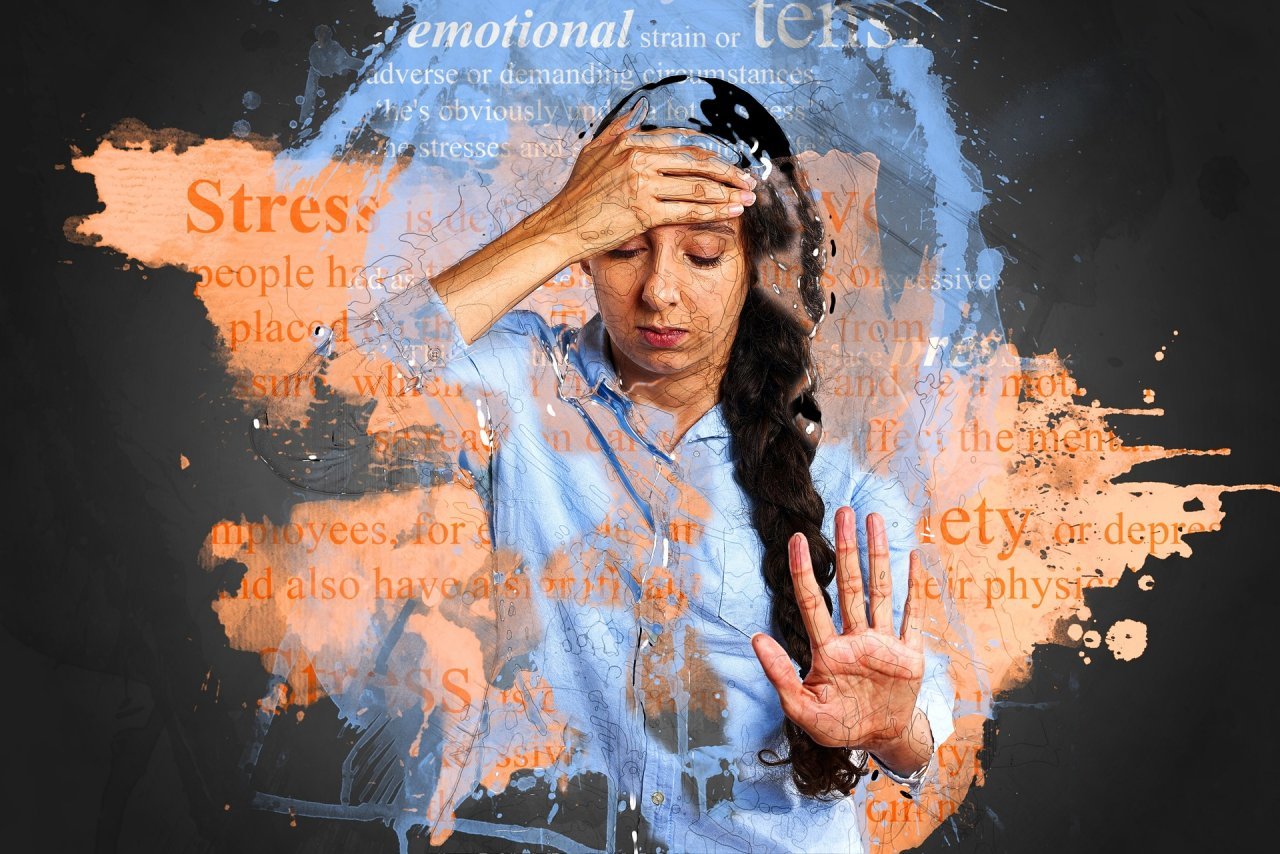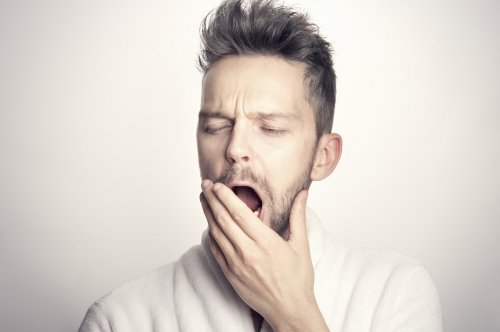Anxiety

Anxiety is a common experience that most people face at some point in their lives. It can be triggered by a variety of factors, including stress, fear, and uncertainty. Anxiety can manifest in different ways, such as physical symptoms, racing thoughts, and overwhelming emotions. If left unaddressed, anxiety can negatively impact one's mental and physical health, relationships, and quality of life. In this article, we will explore anxiety, its causes, symptoms, and treatment options.
What is Anxiety?
Anxiety is a feeling of unease, nervousness, or worry that arises in response to a perceived threat or danger. It is a natural response to stress and can be beneficial in small doses, such as when preparing for a job interview or taking a test. However, when anxiety becomes persistent or excessive, it can be problematic.
There are different types of anxiety disorders, including generalized anxiety disorder (GAD), panic disorder, social anxiety disorder, and specific phobias. Each of these disorders has its unique symptoms and triggers, but they all share a common characteristic of excessive and persistent anxiety.
Causes of Anxiety
Anxiety can be caused by a combination of genetic, environmental, and psychological factors. People with a family history of anxiety disorders are more likely to develop them. Certain life experiences, such as trauma or a major life transition, can also trigger anxiety. Additionally, certain personality traits, such as perfectionism or being a highly sensitive person, can increase the risk of developing anxiety.
Symptoms of Anxiety
The symptoms of anxiety can vary from person to person. However, common symptoms include:
- Excessive worry or fear
- Restlessness or feeling on edge
- Difficulty concentrating
- Irritability
- Muscle tension
- Fatigue
- Sleep disturbances
- Racing thoughts
- Panic attacks (intense physical and psychological symptoms that come on suddenly and peak within minutes)
Treatment for Anxiety
Fortunately, anxiety is a treatable condition. The most effective treatment for anxiety involves a combination of medication and therapy.
Medication: Anti-anxiety medications, such as benzodiazepines or selective serotonin reuptake inhibitors (SSRIs), can help manage symptoms of anxiety. However, these medications can have side effects and may be habit-forming, so they should only be used under the guidance of a healthcare provider.
Therapy: Therapy can help people with anxiety learn coping skills and techniques to manage their symptoms. Cognitive-behavioral therapy (CBT) is a type of therapy that has been shown to be effective in treating anxiety. CBT focuses on identifying and changing negative thought patterns and behaviors that contribute to anxiety.
Lifestyle Changes: Certain lifestyle changes can also help manage anxiety symptoms. Regular exercise, getting enough sleep, eating a healthy diet, and reducing caffeine and alcohol intake can all help reduce anxiety.
Conclusion
Anxiety is a common experience that can be triggered by a variety of factors. If left unaddressed, anxiety can have a negative impact on one's mental and physical health. Fortunately, anxiety is a treatable condition, and a combination of medication, therapy, and lifestyle changes can help manage symptoms. If you are struggling with anxiety, it's important to seek help from a healthcare professional. With the right treatment, it is possible to overcome anxiety and improve your quality of life.













